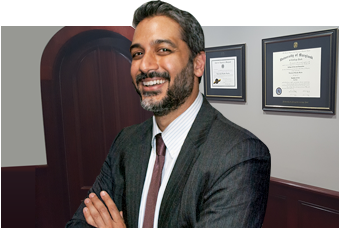What Happens When You’re Arrested for a Crime?
Regardless of whether your arrest was unexpected or a complete surprise, it’s likely that you’re experiencing some anxiety about it. Your best source of information is your criminal lawyer in La Plata. Your criminal lawyer serves as your advocate and your liaison between you and the authorities. Not only can your attorney advise you of your legal rights; he or she can answer any questions you have about the next steps in the legal process.
Being Arrested
Your arrest may have happened with or without an arrest warrant. If you were under investigation, a judge may have issued a warrant for your arrest based on preliminary findings against you. However, many arrests occur without a warrant. Police officers can make a warrantless arrest if they observe an alleged crime taking place or if they have probable cause. After you have been arrested, the police officer will write up an arrest report to submit to the prosecutor. Depending on the information in this report, the prosecutor may decide to file criminal charges, elect not to file criminal charges, or bring the matter before a grand jury.
Going Through the Booking Process
After you’ve been taken to jail, you’ll go through the booking process. This process includes recording your name and the alleged crime, taking your photograph, taking your fingerprints, and conducting a search. The police will seize your personal possessions and provide you with a voucher for them so that you can claim them upon your release. As soon as possible after you’ve been arrested, call a criminal lawyer to arrange representation.
Attending the Arraignment
At your arraignment, which is a court appearance, the criminal charges filed against you will be read and you will be asked to enter a plea of “guilty,” “not guilty,” or “no contest.” Your criminal attorney will advise you about entering a plea. Additionally, a judge may set bail at an arraignment, depending on the circumstances of the case. After the arraignment, your criminal lawyer will get to work learning the details of your case and developing a sound defense on your behalf.

